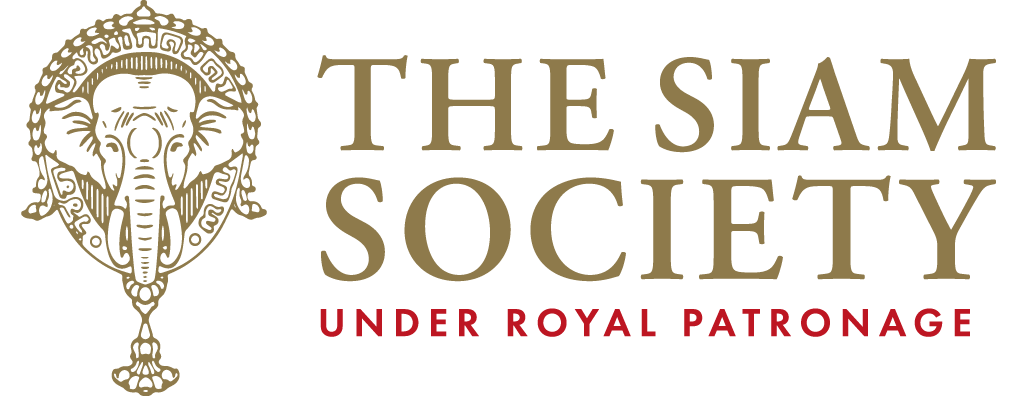A Brief History of Western Philosophy in Thailand: From Mid-Seventeenth to the end of the Twentieth Century
About this lecture
In this lecture, Soraj Hongladarom will present a narrative of the reception of Western philosophical ideas into Thailand (formerly Siam) from the middle part of the seventeenth century to the end of the twentieth century. The first wave of the reception occurred in the middle decades of the seventeenth century, when the Thai King at that time began to gather foreign advisers around himself and sent out diplomatic missions to western countries, resulting in contact, for the first time, between indigenous and western scientific, religious, and possibly philosophical ideas. However, this first wave was cut short, only to start again in the middle part of the nineteenth century, this time for good. Thailand received western philosophy as part of the package of western education, and the process produced a number of western-trained philosophers who wrote original works.
After World War II, philosophy became professionalised and became a regular part of university curricula. More Thai philosophers went abroad to study and started to make original contributions to the field. The neoliberal autonomisation of universities brought a wholesale change in how professional philosophers work. Furthermore, he will also touch upon the situation of intellectualism in Thailand, the role of public intellectuals, and including the understanding of the clash between western philosophy and the traditional Thai belief system, which includes Buddhism, and how this will likely turn out in the near future.
About the speaker
Professor Soraj Hongladarom is the Professor of Philosophy and Director of the Center for Ethics of Science and Technology at Chulalongkorn University in Bangkok, Thailand. He has published books and articles on such diverse issues as bioethics, computer ethics, and the roles that science and technology play in the culture of developing countries. His concern is mainly on how science and technology can be integrated into the life-world of the people in the so-called Third World countries, and what kind of ethical considerations can be obtained from such relation. A large part of this question concerns how information technology is integrated in the lifeworld of the Thai people, and especially how such integration is expressed in the use of information technology in education. He is the author of The Online Self and A Buddhist Theory of Privacy, both published by Springer. His articles have appeared in The Information Society, AI & Society, Philosophy in the Contemporary World, and Social Epistemology, among others.
When
Where
Admission
Members and Students — Free of charge
Non-Members — THB 200
For more information, please contact
Tel. 02-661-6470-3 ext. 203
Or email to pinthip@thesiamsociety.org
More upcoming lectures
-

-
 The Bodhisattva and the Hoard: Investigating the Prakhon Chai PuzzleLecturesThursday, 19 February 2026 at 19:00
The Bodhisattva and the Hoard: Investigating the Prakhon Chai PuzzleLecturesThursday, 19 February 2026 at 19:00 -
 Victory to Ashes: War’s Lessons from the MahābhārataLecturesThursday, 5 March 2026 at 19:00 (Bangkok Time)
Victory to Ashes: War’s Lessons from the MahābhārataLecturesThursday, 5 March 2026 at 19:00 (Bangkok Time)
